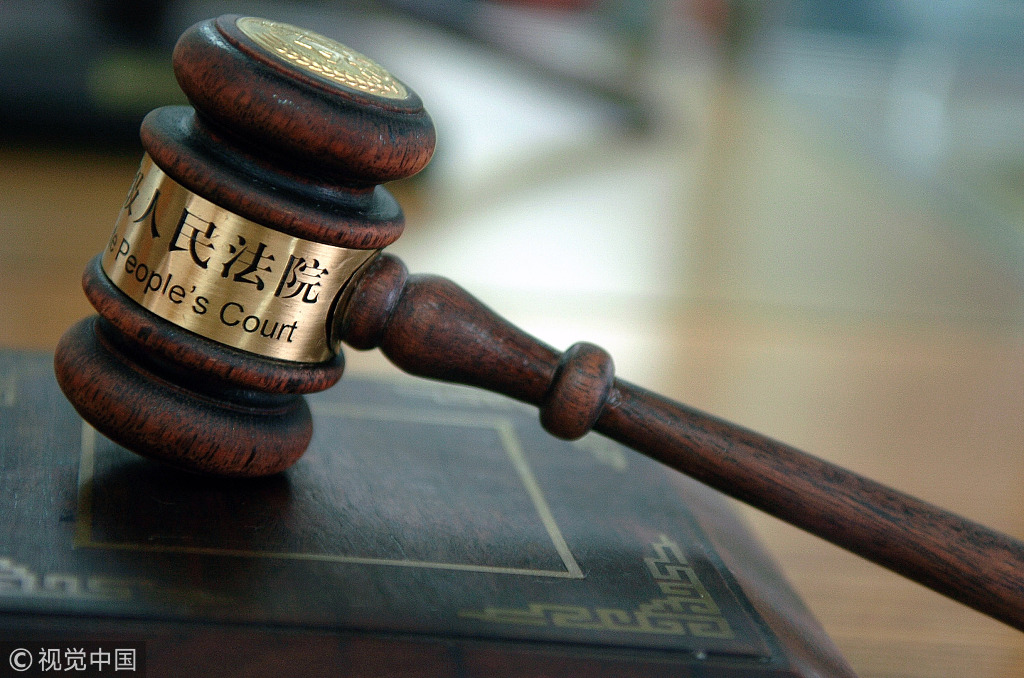Rule of law strengthens social stability in new era: Editorial
chinadaily.com.cn | Updated: 2019-03-12 20:24

Among all the reports submitted for review to the national legislature at its annual session, those by the Supreme People's Court and Supreme People's Procuratorate have been a focus of attention in the past.
Their comparatively high rates of disapproval have corresponded to the dissatisfaction with such hated phenomena as the corruption, inaction and inability of officials. The pressure has thus been heavy on the two institutions to improve both their performance and reports.
This year, not only have they been more serious about the documents — the Supreme People's Court set up a drafting panel as early as October, and the less than 11,000 character text reportedly underwent 35 "major revisions" before it was delivered to the National People's Congress on Tuesday — but they also showed that they have made targeted efforts to alleviate public concerns.
On its part, the procuratorate said it provided tailored services for the major government campaigns aimed at addressing three causes of popular discontent, namely cracking down on organized crimes, crimes disrupting the poverty relief program, and those ruining the national environmental protection campaign.
The Supreme People's Court said in its report that it had fulfilled the task it set itself in 2016 to "basically resolve the problem of difficulties in implementing court rulings in two or three years", an achievement that has boosted judicial credibility and strengthened public confidence in the entire justice system.
National security, crimes endangering public safety, and the correcting of wrong verdicts have been priority concerns on the national judiciary's recent agenda, and they will no doubt continue to have pride of place, and not just this year, as they are of great significance to society's overall stability.
The most notable change ahead, as both reports indicate, is the emphasis that is now being put on helping private companies and protecting intellectual property rights. The top court's report, for instance, vowed to "enhance judicial protection for intellectual property rights, promote the transfer of old and new kinetic energies, and serve the economy's high-quality development". And in addition to completing international business dispute resolution mechanisms related to the Belt and Road Initiative, it has pledged to offer "equal protection for legal rights and interests of all kinds of market entities".
This reflects the importance the country has attached to unswervingly encouraging, supporting and guiding the development of the nonpublic sector and shows the judicial and procuratorial organs will play their due roles in promoting the country's all-around opening-up by ensuring a level and rules-based playing field.
In essence, the two reports made clear that security, democracy, rule of law, fairness and justice, and a better environment are the focus of judicial and procuratorial work in the new era.
























